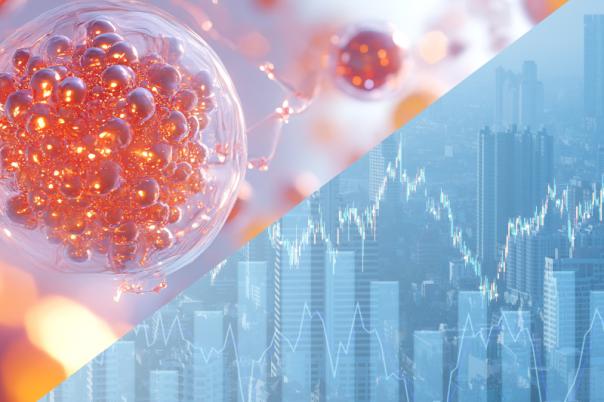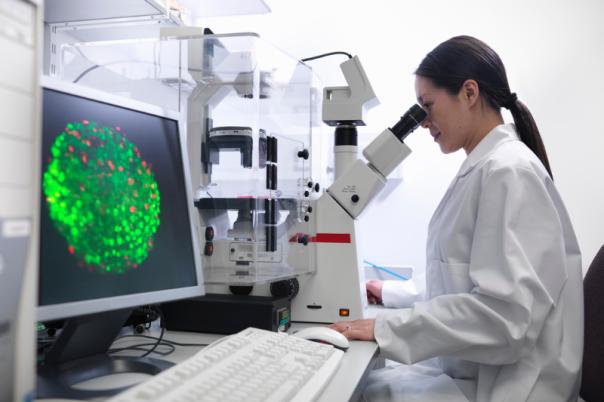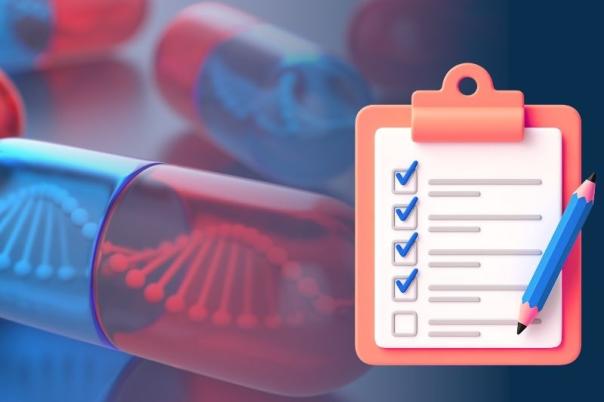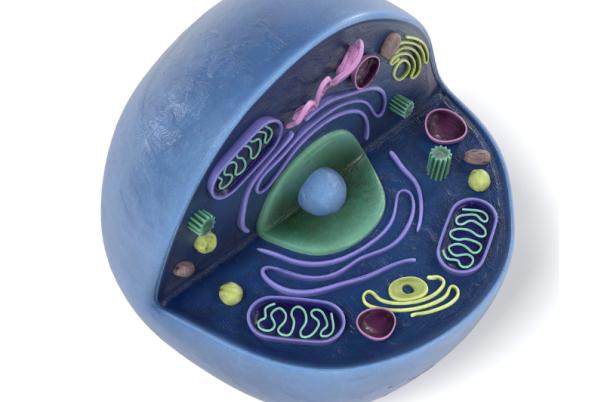Eleonora Zucchelli, Associate Lead Scientist at Cell and Gene Therapy Catapult, presented this talk on improving the manufacturing of AAVs through interrogating the biology of HEK293 cells. Zucchelli, with over 14 years of experience in the cell and gene therapy field, discussed the work her team had been doing for almost four years to address the challenges in the AAV market.
The presentation began with an introduction to Catapult, an independent innovation and technology organisation committed to advancing the cell and gene therapy industry. Zucchelli highlighted the organisation's role in creating collaborations to overcome challenges in the ATMP sector. The focus then shifted to the bottlenecks in AAV manufacturing, particularly the low productivity for AAV, which needed significant improvement to meet the demands of widespread diseases.
Zucchelli's team aimed to develop a HEK cell line free from licenses, suitable for manufacturing, and capable of improving the current yield by at least 100 times. They adapted the cell line to suspension and collaborated with academic partners in Sheffield to generate multiple clones. The team faced challenges in the laborious and time-consuming process of cell line generation, requiring advanced skills and optimisation of growth and process parameters.
The presentation also covered the development of a batch mode production process, scaling up from small-scale experiments to the Ambr250 system. The team identified high and low producer clones and optimised the seeding density and passaging regime for each clone. They embarked on a multiomics study to build knowledge around the different clones, identifying biomarkers and pathways that could be used for the next generation of AAV production.
In summary, the presentation emphasised the importance of a holistic approach to improving AAV manufacturing, addressing each step of the process, and generating the knowledge needed to enhance the biology of producer cells.






